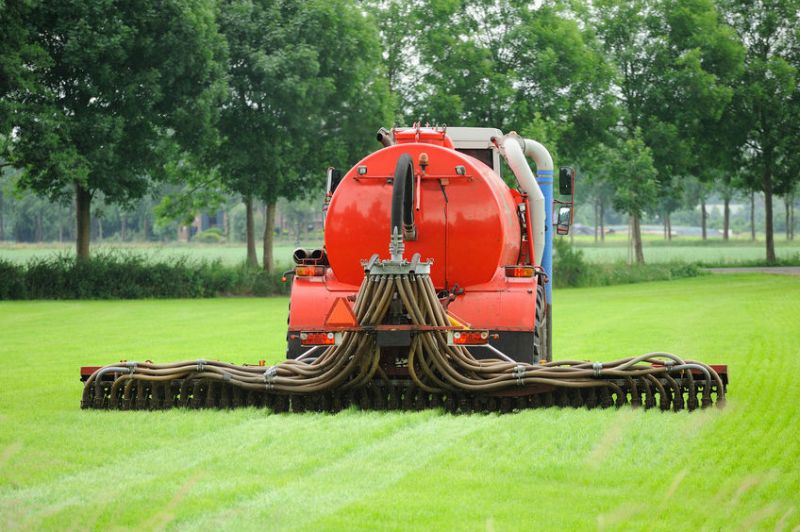
A vote on a motion to annul the controversial all-Wales nitrate vulnerable zone (NVZ) regulations has been narrowly lost in the Senedd.
Plaid Cymru’s Llyr Gruffydd, the shadow minister for rural affairs, proposed a motion to annul the water pollution regulations.
The final vote was defeated by three votes, with 27 Members of the Senedd voting for the motion, 30 against and no abstentions.
NFU Cymru said it was 'deeply disappointed' with the vote outcome, warning that the Welsh government had 'copied and pasted ineffective EU regulation' during the pandemic.
The union has informed legal panel firm JCP Solicitors to question the lawfulness of the controversial water quality rules.
An NVZ designation is now set to rolled out gradually across the whole of Wales starting from 1 April 2021.
NVZs are areas within Wales that contain surface water or groundwater susceptible to nitrate pollution from agricultural activities.
Agricultural pollution incidents 'remain very high', according to the Welsh government, averaging over three per week in the last three years.
It said some of these had led to the contamination of drinking water sources and the destruction of plant and aquatic life in parts of waterways.
But farming industry groups fear the new regulations pose a significant threat to the economic viability of Welsh farming.
Over 11,000 farmers had sent e-mails to their Members of the Senedd highlighting their concerns, according to NFU Cymru.
Responding to the vote on Wednesday (3 March), the union's president John Davies said farmers had 'deep anxiety' over the Welsh government's plans.
“Welsh government will need to explain to the industry and its advisers how it proposes to support farmers to comply with these regulations.
"They have yet to publish any guidance despite the regulations coming into force in just over three weeks - this is unacceptable.
"Despite what some have said, these regulations will impact on every farmer in every sector."
He said new record keeping requirements would apply to every farming business and failure to comply would result in sanctions on that business.
Some of Wales' most productive horticulture and arable businesses would be impacted, Mr Davies warned, as new limits would be placed on when and how much nutrient they can apply to their crops.
He added that consequences would be felt across farming and the supply chain, with ramifications for other sectors.
“We remain committed to our work in promoting best practice and supporting farmers to tackle improvements in water quality where needed and we will continue to promote this through our communications channels.
"Safeguarding and improving water quality remains a key priority for NFU Cymru but we are clear that our ambition will not be achieved through an all-Wales NVZ,” he said.
